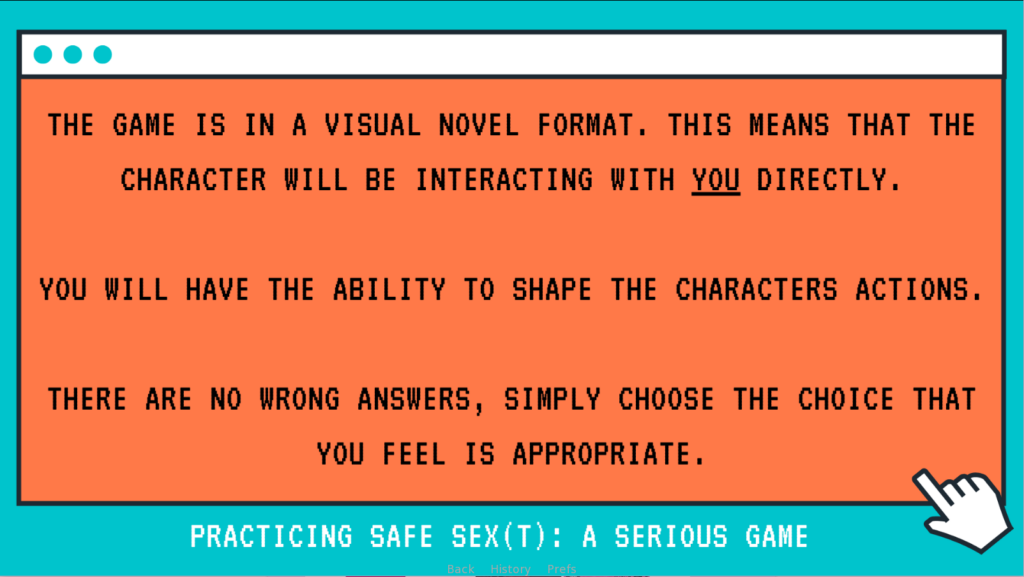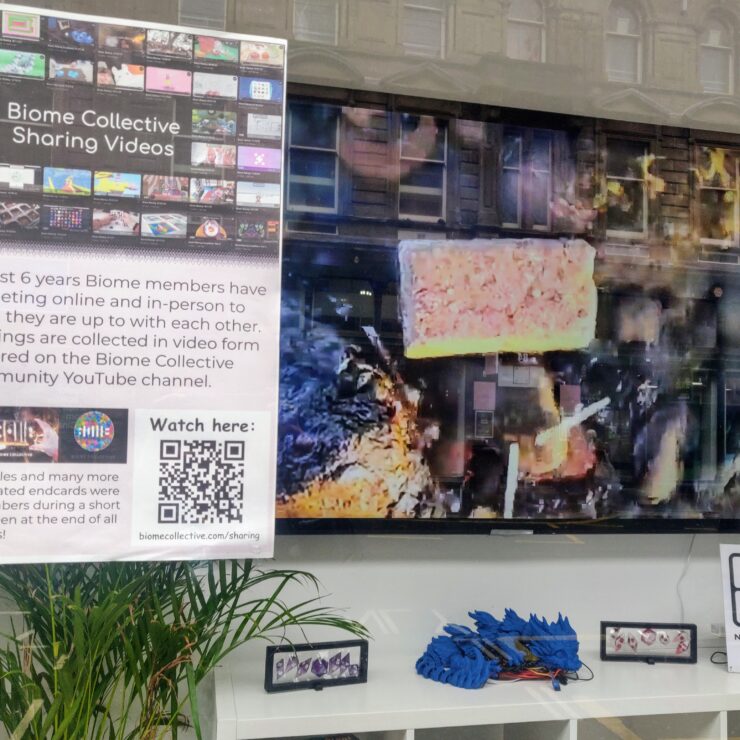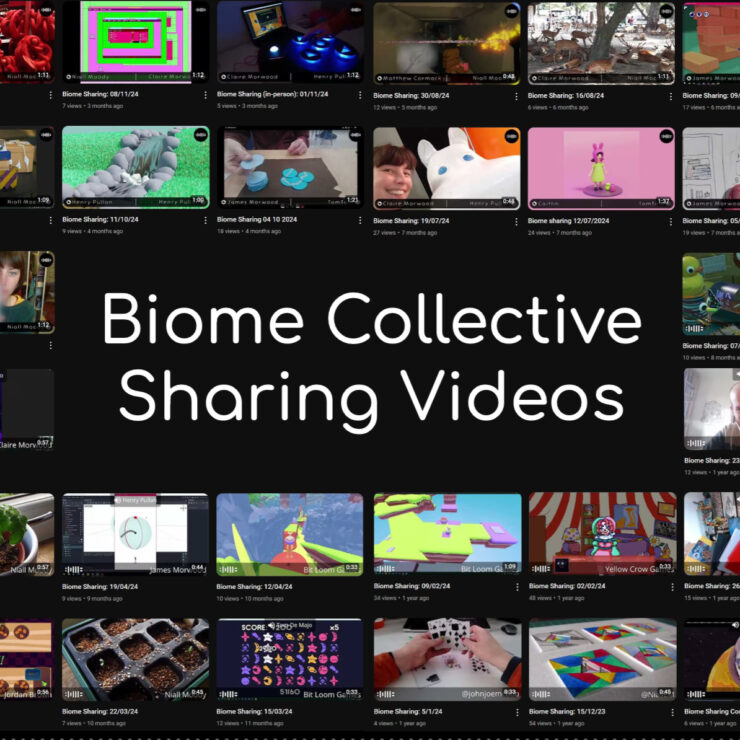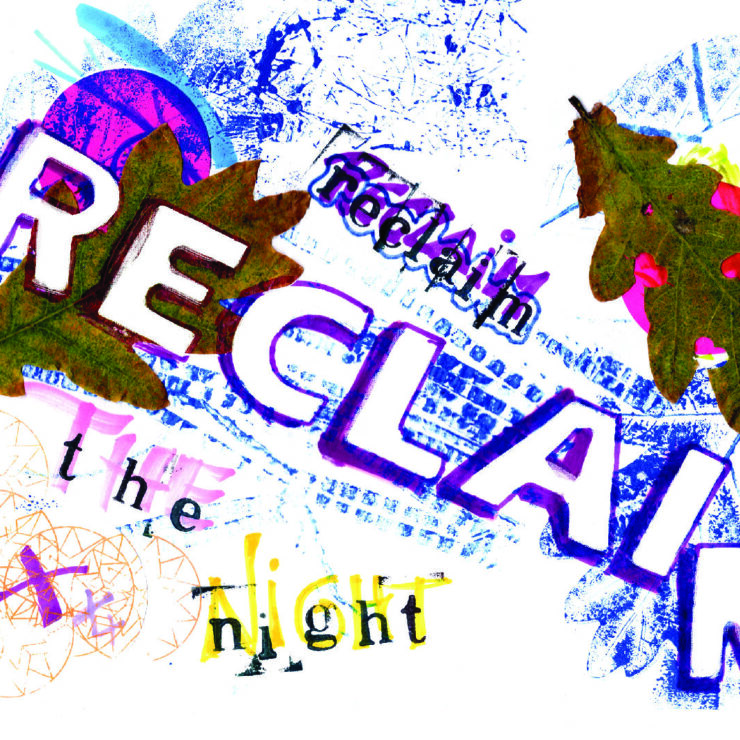Tia talks about technology-facilitated sexual violence

NEoN is supporting this year’s 16 days of Activism campaign by presenting work and creative practices that use digital tools or comment on today’s complex digital relationships. In particular, we are interested in work that highlights how our digital entanglement, digital coding and the online spaces we create can reflect just about every social topic, such as freedom, compliance, censorship, gender, and everyday hostilities.
We have invited six activists to contribute to this campaign by writing an article about their stories, their jobs or their own campaigns.
////////////////////////////
Content warning – This article contains mentions of Gender Based Violence, misogynistic micro-aggressions, discrimination, harassment, sexual abuse and everyday sexism.
The number of people accessing the internet has been increasing tenfold over the years, with 92% of adults in the UK regularly accessing the internet in 2020. The coronavirus pandemic greatly encouraged more people to connect online due to the need for internet-based communication. This has subsequently meant that the number of people becoming victims of technology-facilitated sexual violence and cybercrime has also risen.
The term technology-facilitated sexual violence can be defined as sexual violence that is carried out or aided using technology. Sexual violence is any sexual act or activity that occurs without the victim’s consent and can be physical, emotional, and psychological.

Within technology-facilitated sexual violence, there are five defined crimes. They are Image-Based Sexual Abuse, Video Voyeurism, Sending Unsolicited Sexual Images and The Use of Technology to Facilitate In-Person Sexual Violence. You may be more familiar with them in their more ‘media-friendly’ terms, such as sextortion, revenge porn, up-skirting and cyber-flashing. Research suggests that women and LGBTQ+ people are more likely to be victims, with men more likely to be perpetrators.
There are mitigations. However, they are mostly only effective after a crime has taken place, supporting victims after an ordeal. Police and specialist charities are typically where victims are directed after an offence has taken place. However, they are not equipped for the influx of victims and have admitted that they are focused on reactive actions and simply do not have the training and support required. There are also mitigations within social media where these offences commonly occur, such as digital fingerprinting and terms of use policies. However, these are easily circumnavigated or are not quick to remove material, prolonging a victim’s ordeal.

As part of my final year honours project, I decided to tackle this issue by using education to prevent people from becoming victims. Rather than try and educate people through infographics which may not cover all the aspects of technology-facilitated sexual violence and is not accessible to everyone, a game-based educational mitigation was developed. The visual novel-style game was aimed primarily at adults over the age of eighteen and for all technical abilities.
Practicing Safe Sex(t): A Serious Game is a visual novel where the player is the main character and has five chapters, each revolving around a category of technology-facilitated sexual violence. The chapters were designed and written using victim statements from charities, social media, and news outlets. The victims in each chapter would ask the player for advice, with the decisions the player makes – affecting the conversation and further actions of the victim. At the beginning and end of each chapter, there are ‘info pages’ discussing the law and where to get help.
As part of the project, a study was carried out where players completed a pre-and post-game survey. A key highlight from the study was that before playing the game, only twenty-one participants knew what technology-facilitated sexual violence was, and thirteen knew where to get help. After playing, everyone who played knew what technology-facilitated sexual violence was and where to get help. This project has highlighted the ability of gamification as a suitable educational tool for serious topics.

For more information about the honours project and dissertation, go to https://tiac.me/projects/honoursproject.html. If you would like to play the game for yourself, go to https://cybersomething.itch.io/practicing-safe-sext-a-serious-game.
NOTES:
16 Days is an international campaign to challenge violence against women and girls. The campaign runs every year from 25 November, the International Day for the Elimination of Violence against Women, to 10 December, Human Rights Day. This year’s theme is 16 Days of Activism. The Global 16 Days Campaign, launched by the Center for Women’s Global Leadership (CWGL) and feminists from around the world at the first Women’s Global Leadership Institute in 1991, has been used worldwide to call for the elimination of gender-based violence (GBV).
Services avaiable to women in Dundee:
Violence Aganist Women Services for Vulnerable Women Booklet 2022
Gender-Based violence refers to harmful acts directed at an individual based on their gender. It is rooted in gender inequality, power abuse, and harmful norms.
Gender-based violence (GBV) is a serious violation of human rights and a life-threatening health and protection issue. It is estimated that one in three women will experience sexual or physical violence in their lifetime. During displacement and times of crisis, the threat of GBV significantly increases for women and girls.


